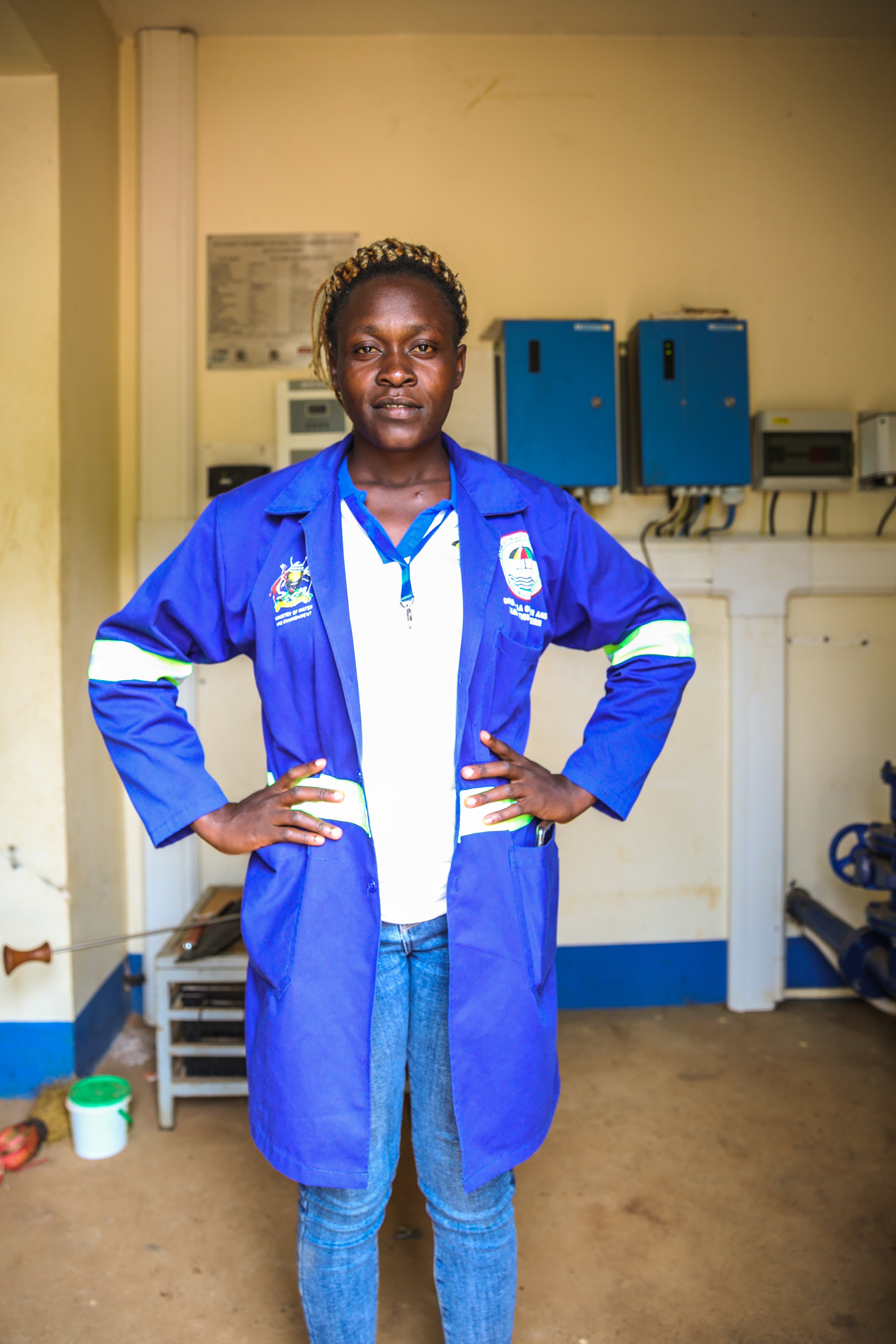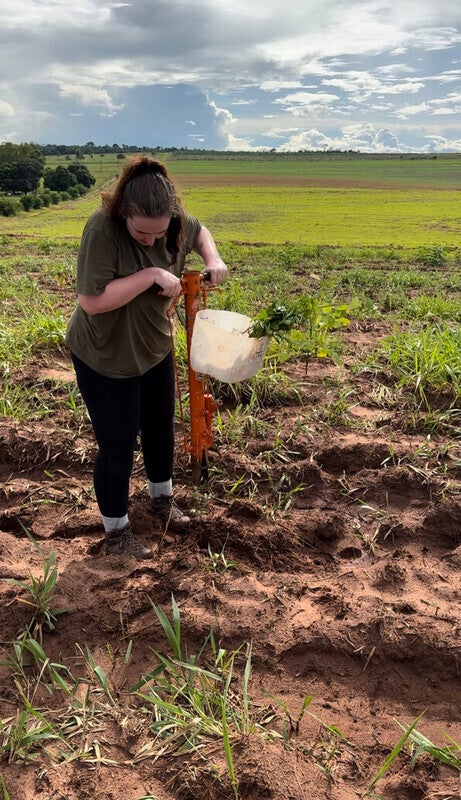Eight in 10 women feel held back at work due to taboo around periods
Stress and anxiety dominate the lives of working women when they are menstruating, reveals new research marking Menstrual Hygiene Day

Eight in 10 women feel they are held back in their careers by taboos around periods, new research has revealed, with stress and anxiety dominating the lives of working women when they are menstruating.
To mark Menstrual Hygiene Day on Sunday, WaterAid surveyed 2,000 British women and people who menstruate who work onsite and found a staggering 85 per cent reported experiencing stress or anxiety when managing their periods at work, highlighting how menstrual taboos are still rife in the UK.
A mere three per cent of those surveyed believe employers are doing enough to support women and people who menstruate to manage their periods at work, with flexible working, additional breaks and free period products being cited as the top three actions employers should take. Almost a third of working women have been forced to use makeshift materials such as toilet paper or fabric to manage their periods at work for a lack of available sanitary products.

Nadongo Federesi, a Technical Supervisor, said she never speaks about her periods in her workplace and that this has had avoidable negative consequences. “I fear that my issue might be considered minor since I’m the only female,” she explained.
“You can imagine for my case as a technician, it’s not good to go to the field during menstruation while riding a motorcycle - this makes the blood flow heavier.
“In such a case we could plan for different activities, which do not require me riding a motorcycle.”
Ms Federesi said she believes this stigma around speaking openly about periods in the workplace that prevents effective management of them is widespread. “Most women fear to speak about proper menstrual management at work, yet they are expected to work at full capacity,” she said. “If a lady is not feeling well due to menstrual cramps or any other period-related weakness, they should be given a break from work until she feels better.”

Nearly 1 in 5 women (17 per cent) attributed their anxiety around managing periods at work to not being able to take time off to deal with any menstrual problems, while 1 in 10 cited unsupportive management as a contributing factor to their stress.
And despite being a normal and vital part of most women’s lives, nearly two-thirds of respondents (63 per cent) admitted to feeling embarrassed talking about their periods at work, with nearly half (48 per cent) hiding their period products en route to the toilet and 46 per cent saying they have avoided light-coloured work outfits when on their period.
Lisa is a Conservation Biologist and spoke about the urgent need for taboos around periods to be broken. “I think open and honest dialogue between people helps everyone understand the very real physical and mental struggles that can come with menstruating,” she said.
“A workplace should encourage these discussions and support people who menstruate as much as possible.” She cited free period products and reasonable adjustments to working expectations as ways employers could support women.

Personally, she said, “I do struggle with a lack of conversation around the struggles that so many face when menstruating.”
In her field of work, she is often in places with difficult terrains and without access to adequate toilet or sanitary facilities during the day. She said she was recently working in the rainforests in Brazil, “a place you can imagine makes it difficult and potentially dangerous to manage a period with the local wildlife and lack of access to clean water when out in the field”.
Around the world, one in five people live without somewhere safe to go to the toilet, while nearly a third of schools lack access to decent toilets. In South Asia, up to one in three girls miss school every month during their period. And then period problems follow many into their working lives as women’s health and menstruation are often forgotten by businesses.
In agricultural industries, women make up a large part of the workforce, covering difficult terrains and vast acres of land, which makes access to toilet and hygiene facilities challenging. Jalu, a supervisor at the Nagrifarm tea garden of West Bengal’s Darjeeling district, explained that women often suffer from terrible rashes because of wearing the same sanitary pad for long hours.

“One of the most common problems facing women workers in the tea garden is discomfort during their menstrual cycle,” she said. “I know this first-hand because I had worked as a tea plucker for 13 years. There are times when a woman is not in a position to come back to work after the break because the rash is so bad or the cramps are unbearable.”
Therese Mahon, WaterAid’s Regional Programme Manager for South Asia, called on governments to ensure access to period-friendly toilets and clean water as well as for more menstrual health information and support managing periods.

She also urged businesses to adapt their work environments to ensure menstruation needs are met, saying: “This will not only improve the health, wellbeing, and job satisfaction of employees - but it is good business sense, helping reduce absenteeism and improve productivity.”
She said: “It’s time to end the stigma around periods and have open conversations about menstruation.”
Join our commenting forum
Join thought-provoking conversations, follow other Independent readers and see their replies
Comments


Bookmark popover
Removed from bookmarks